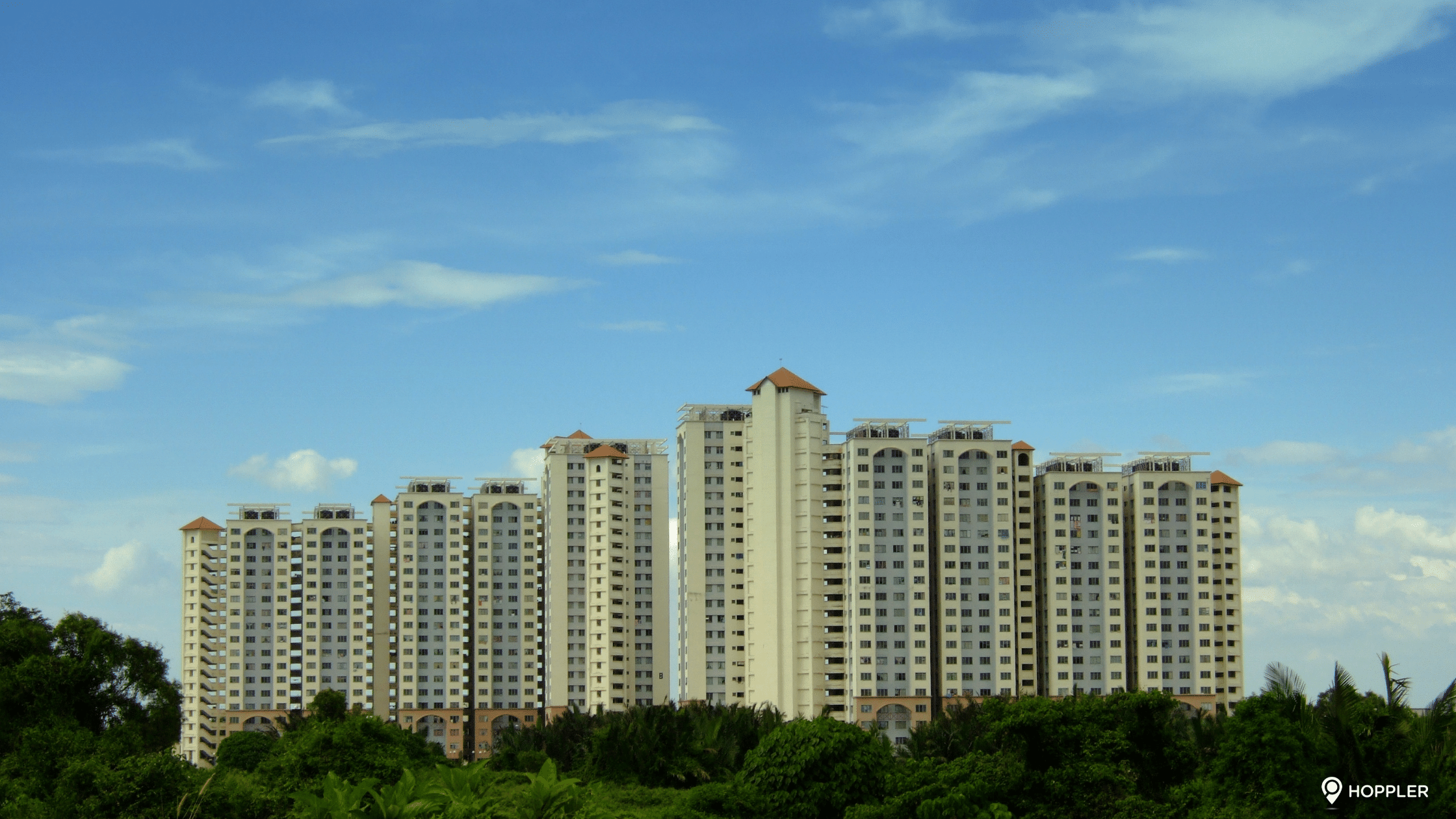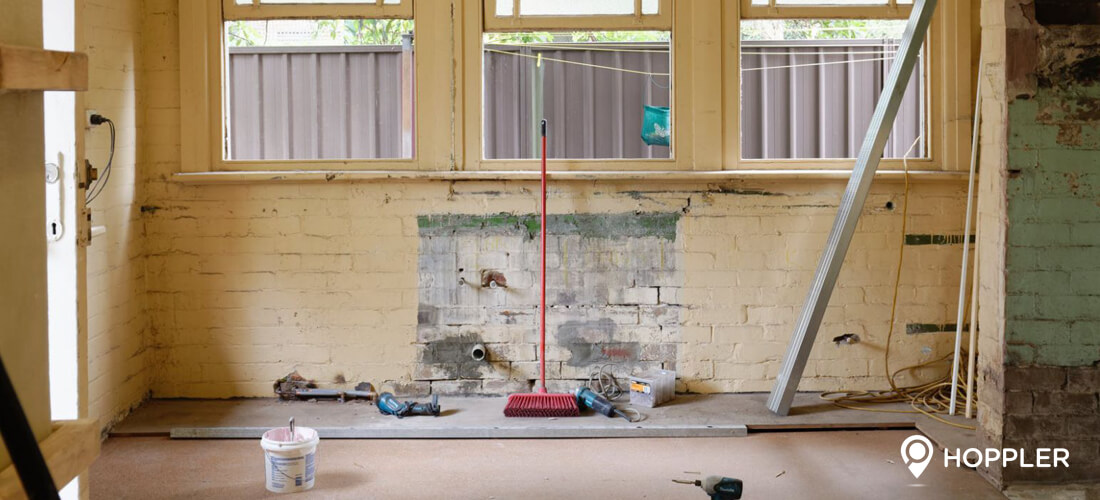To Buy or Not to Buy a Pre-selling Condo in the Philippines
Drive through the streets of the metro or simply watch TV. Chances are you’ve seen the ads, selling you the idea of owning a condo. The terms are irresistible: cut-rate prices, minimal down payment and interest, and a location to kill for. And then there’s that word: pre-selling. You pull a quick research and depending on how you’re making money, either it’s a dirty word or a deal you’re willing to shoot for. But first, you do your homework.
In real estate, a pre-selling project may be a property or development being sold before its completion, during its construction, or while still in the planning stages. Hence, the variant terms such as pre-construction and off-the-plan. These mean that the property is still non-existent and the developer is yet to break ground for the project. At this point, it seems that opting to buy a pre-selling condo would be like throwing money into a hole yet to be dug. The question really is not whether to buy or not to buy a pre-selling condo, but what are the risks? What makes people take those risks? What makes pre-selling properties attractive and even downright seductive?
The Benefits
Cheaper prices, flexible payment schemes, promising investment
According to the Global Property Guide, with the Philippine mortgage market relatively underdeveloped, “most of the houses are sold for cash or pre-sold”. In the condo market, it’s a toss between ready-for-occupancy (RFO) units and pre-selling ones.
Many buyers go for the pre-selling option, due largely to its much lower introductory price, which can be 30% cheaper than a finished unit. On top of that, developers throw in a 10%-15% discount or offer flexible payment schemes where the down payment can be as low as 10% payable for 3 years, with the lump sum to be paid either through a bank financing, government-sponsored home loan (Pag-IBIG), or the developer’s in-house financing options.
If you are a real estate investor, pre-selling condos are a promising investment since their market value can increase by the time they are finished. Given favorable market conditions, you can resell the finished units for twice the price you put down when they were in the pre-selling stage.
Better options, new features
You may also have more options when buying a condo in a pre-selling stage. You get to choose your preferred unit location and floor plan, not to mention the better views, easier access to amenities, and lesser foot traffic. Depending on the pre-sale contract, you can also inspect your unit at the end of every construction phase and inform the developer of the unit’s defects or of any adjustments you may want. Pre-selling condos give you the time and opportunity to customize your condo unit according to your preferences.
In terms of condo development, pre-selling condos usually offer something new, if not the latest, in terms of design, features, or amenities. Whether this might be a state-of-the-art waste management system, resort-style amenities, or eco-friendly materials and construction, new features are not only appealing but also necessary if the changes they bring matter to you.
The Risks
A pre-sale contract is full of terms like “more or less” and “subject to change without prior notice”. The primary risk with pre-selling condo is that the finished unit may not be what you have in mind. There can be material changes in unit sizes, floor plan, finishing, features, or amenities about which you may not be notified. You might end up paying for a unit that falls below your expectations.
Another risk is the delay in completion and turnover as the developer may not deliver on time. Pre-sale contracts have delay clauses that allow the developer to be late for up to a year or more. The bigger risk, however, is that you may not get a refund for your deposit in case the pre-selling project does not push through or the developer goes bankrupt.
OFWs who plan to buy pre-selling condos from abroad run the biggest risk. Many have lost their deposits and payments through corrupt representatives or agents who take advantage of their absence and use the complicated paperwork to collect “fees” from them. One sure way to lessen the risk of being duped is to research. Read our ultimate guide to buying properties in the Philippines from abroad.
Quick Tips in Buying Pre-selling Condos
Buying a pre-selling condo is a risky venture that needs an informed decision. The following quick tips can help you avoid fraud from the get-go:
- Only buy from and invest in reputable developers who have a long and solid history of delivering quality properties on time. (Check out our list of top real estate developers in the Philippines)
- Consult a good lawyer you can trust to guide you in the murky waters of legal jargon and paperwork before you sign any contract.
- Do the math to see if your income and resources enable you to make the commitment of buying a property.
- Get the services of a licensed and registered broker to guide you through the process of buying a pre-selling condo.
- Verify if the developer is licensed to sell the pre-selling condo project and if the project is registered on the Housing and Land Use Regulatory Board (HLURB) website www.hlurb.gov.ph. HLURB is a government agency that regulates the Philippine real estate industry.
For a more in-depth discussion on pre-selling property in the Philippines, read our other blog posts.
Sources:
Image courtesy of constructioncanada.net



